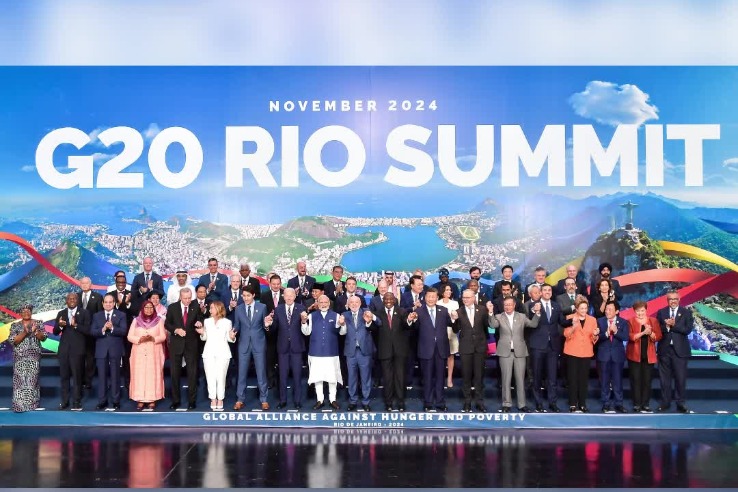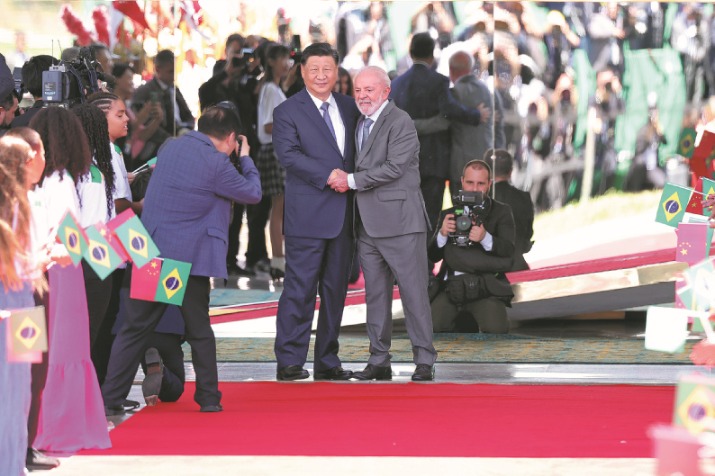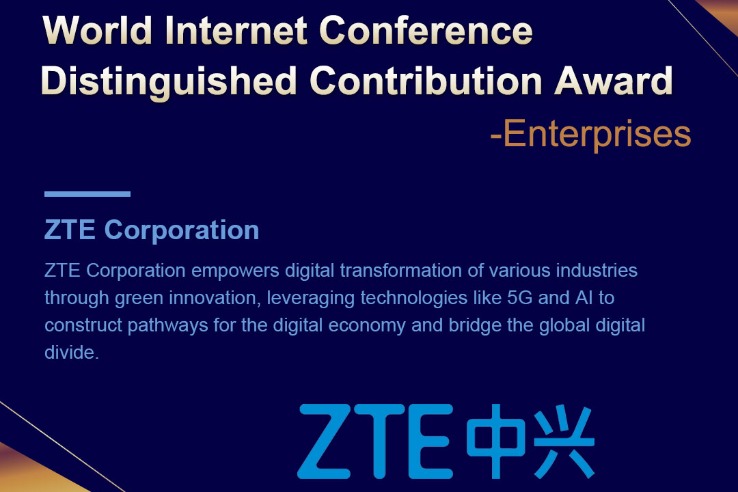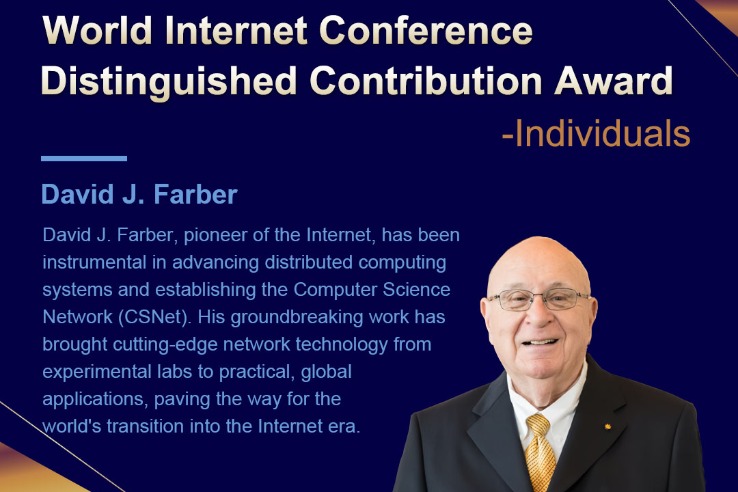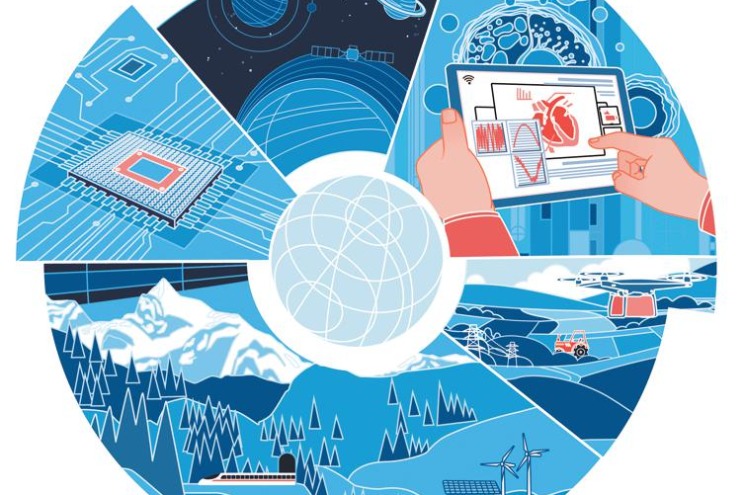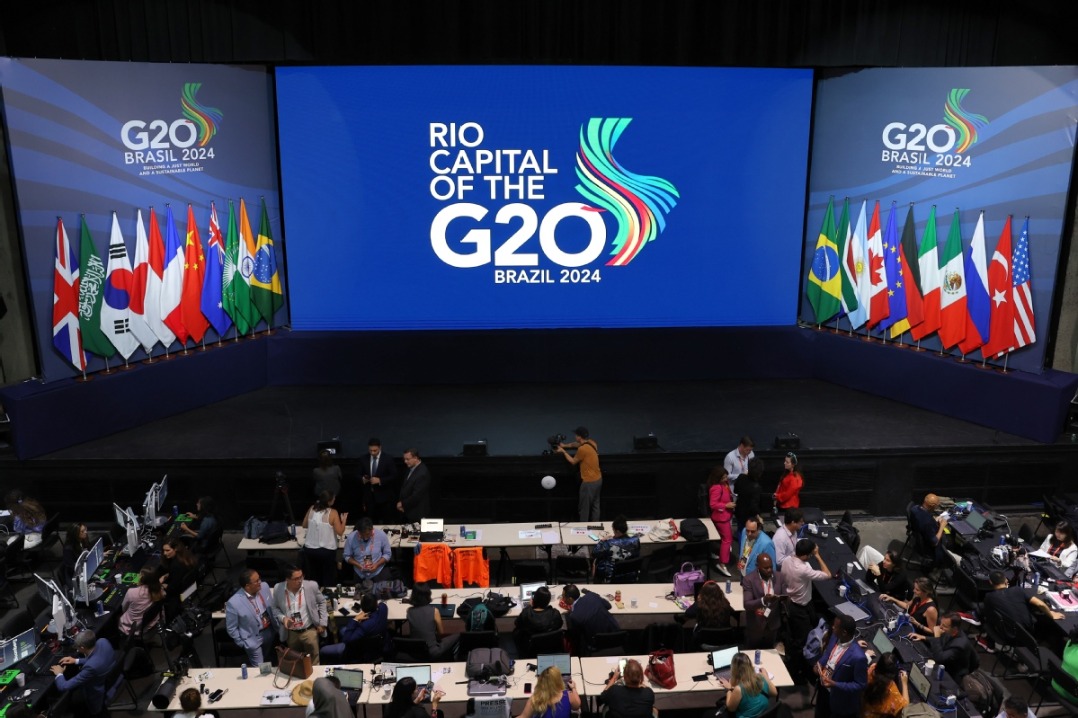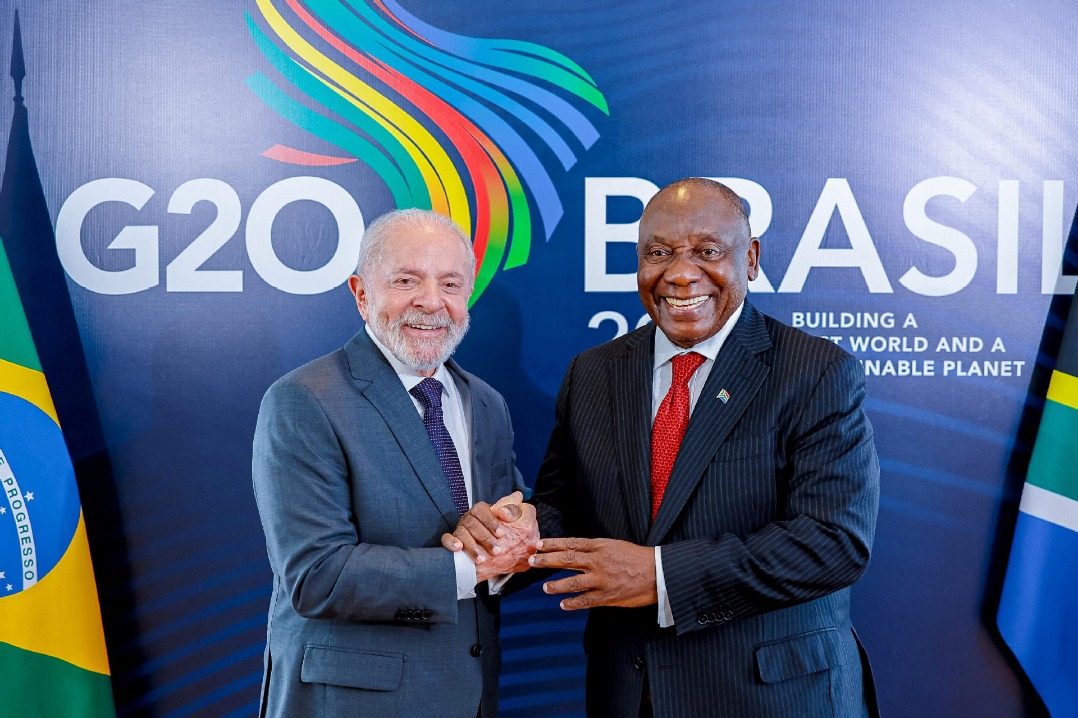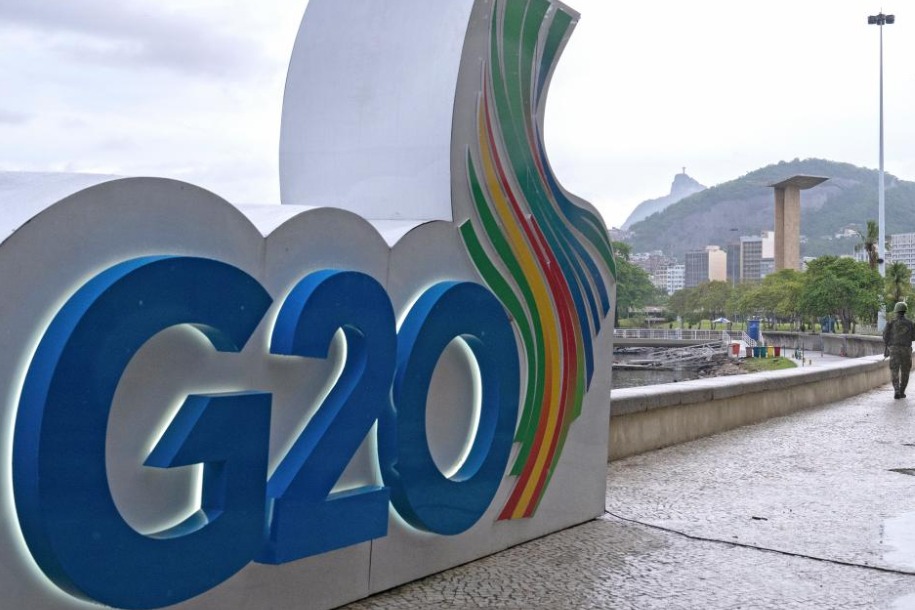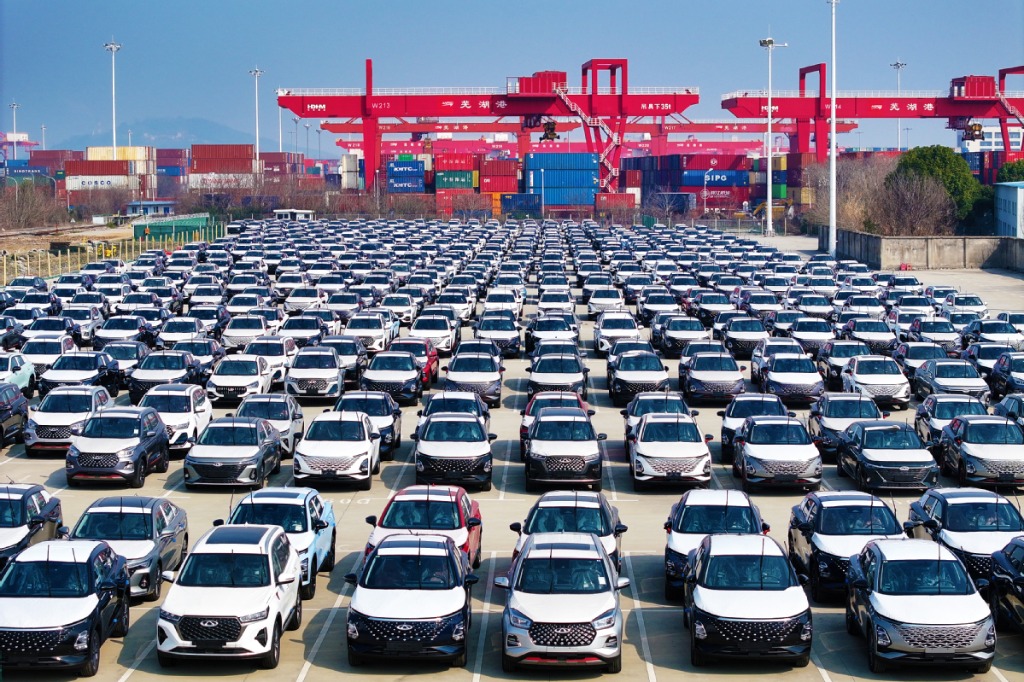NATO's biggest threat now Trump administration

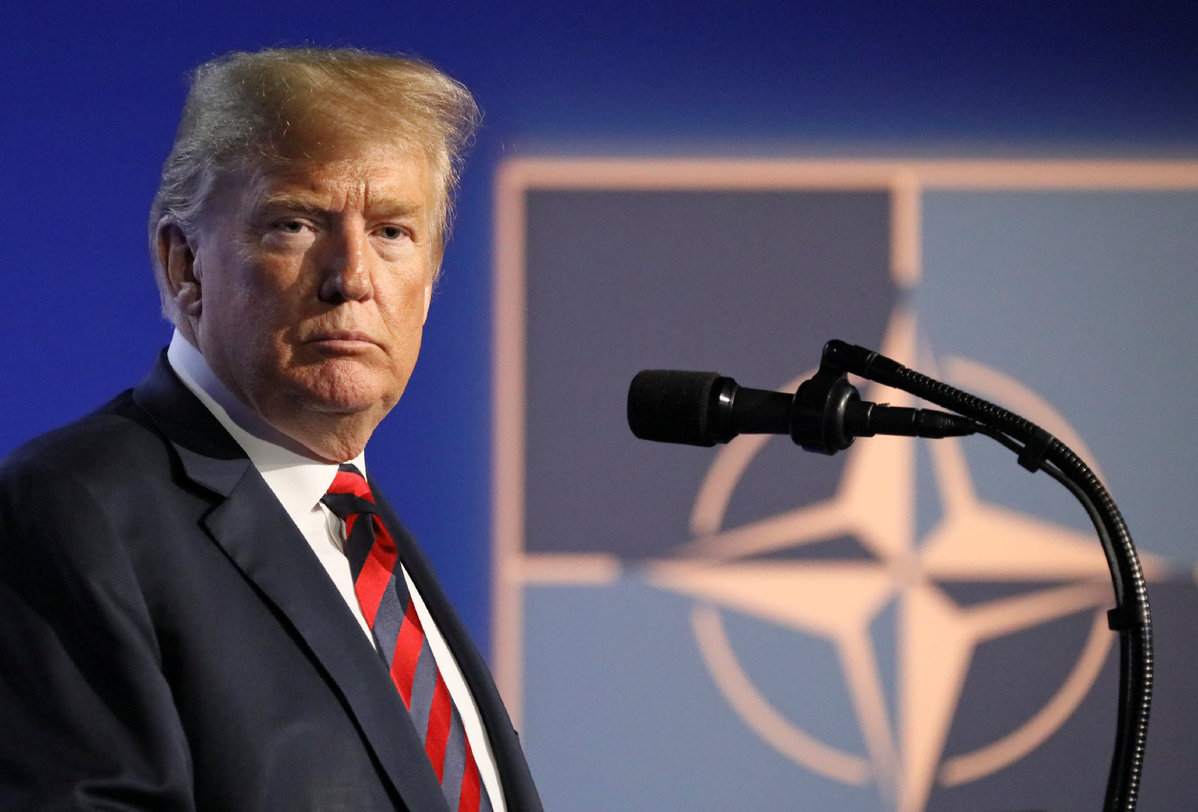
In a summit of the North Atlantic Treaty Organization in Brussels on Wednesday, US President Donald Trump unleashed a barrage of criticism against NATO, saying that the NATO members' tariffs on US goods are unfair given that they are protected by the United States. He also criticized Germany for being a "captive" of Russia, because of their gas business, and urged the NATO members to increase their defense outlay to 2 percent of their gross domestic product immediately, not by 2025 as it was agreed four years ago. Guancha.cn comments:
The Trump administration has successfully proved it is the foremost challenge that NATO has faced since the end of the Cold War in the early 1990s. The US, a creator and leader of the military bulwark, has lubricated the NATO war machine since its founding in 1949, making it buffer zone in the confrontation with the Soviet Union. In return, the US has also reaped NATO members' recognition of its leadership for decades.
But the US seems not content with the deal any more, with Trump extorting considerable economic returns, if not a form of protection fee, from the organization.
Although the organization's rules stipulate their spending on national defense should not be lower than 2 percent of their GDP, the rule has largely been ignored, and few countries take it seriously. The NATO members have indeed regarded the security guarantee as a kind of public goods provided by the US.
Trump has explicitly linked NATO with the transatlantic trade row by saying the EU shut out US businesses while expecting the US to defend it.
In 1944, the US' debt accounted for 104 percent of its economy, and in 1980, the US' debt dropped to 32 percent of its economy, when the US had enough money to fund NATO.
NATO chose to expand in 1991 when the Soviet Union and the Warsaw Treat Organization collapsed. Which has put an increasingly heavy burden on the US, and despite Russia's strategic threats being much smaller than those of the Soviet Union in the Cold War era, the US' ability to pay has declined due to the recent wars it has launched.
When Trump took over the White House from Barack Obama, the US' national debt had neared 107 percent of its economy, a new high since 1944. Under this circumstance, given the Trump administration's "America first" policy, his discontent with NATO is predictable.
But while the US is willing to resort to unilateralism in trade, it is not in the field of security, it seeks a strategic contraction, not an expansion in Europe.
As Trump will have a one-on-one meeting with Russian President Vladimir Putin soon, the Trump administration may redefine NATO's strategic values and recalibrate relations with Russia. Trump's fault-finding sarcasm of NATO might only be a prelude for these new judgments, which will mark a turning point in the organization's development that all members will have to take seriously.

















